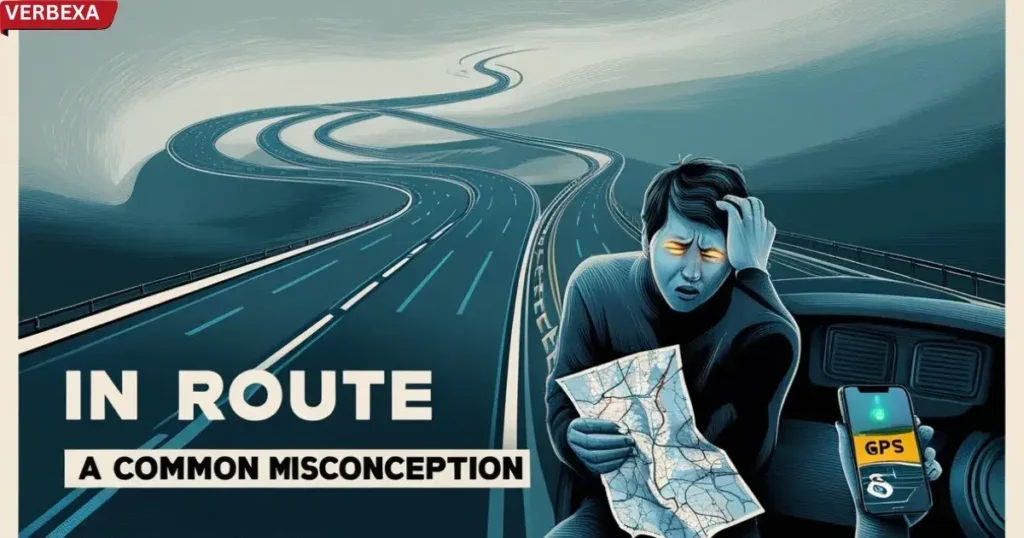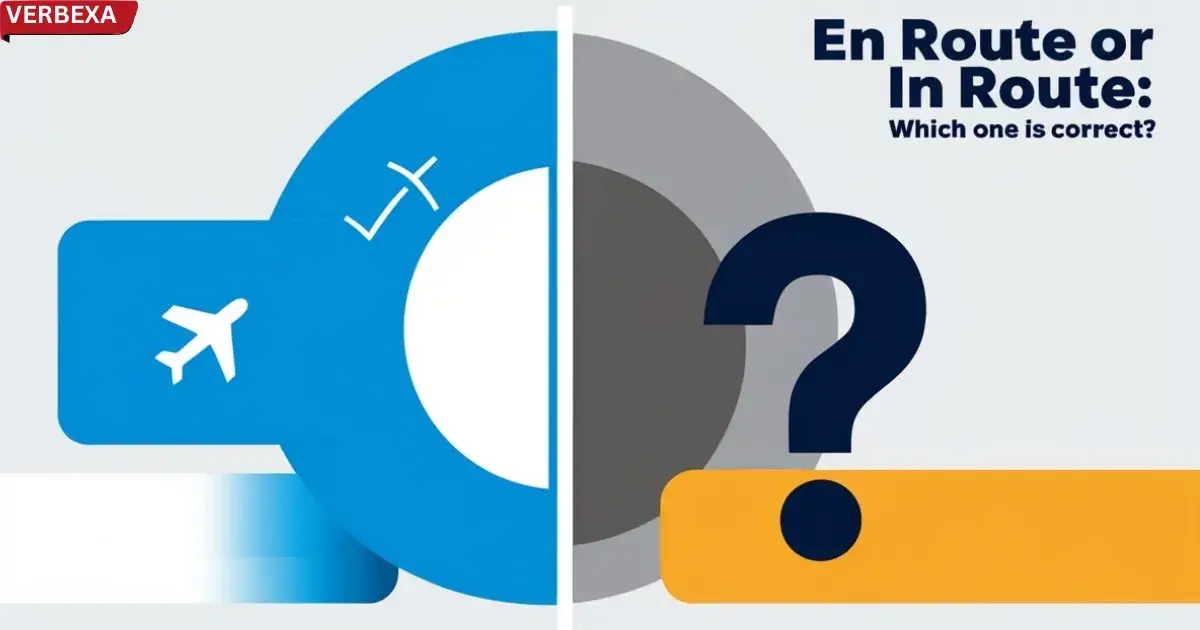Language is a fascinating journey, much like traveling from one point to another. In the realm of en route or in route, many travelers and communicators find themselves at a linguistic crossroads. Have you ever hesitated before writing an email or sending a text, wondering which phrase accurately captures your transit status?
Imagine you’re on a crucial business trip. You text your colleague, “I’m in route to the meeting,” only to realize later that you might have made a subtle yet significant language error. This article will be your definitive guide to understanding the nuanced differences between en route and in route, ensuring you communicate with clarity and precision.
Definitions and Usage: Decoding the Terminology
En Route: The Correct Linguistic Path

En route is a French phrase that has been seamlessly integrated into standard English. Literally meaning “on the way” or “in transit“, it describes the process of traveling from one location to another.
Examples of Correct Usage:
- The rescue team was en route to the disaster site.
- Our delegation was en route to the peace talks.
- She was en route to the marathon starting line.
In Route: A Common Misconception

In route is not recognized in standard English. It’s a common mistake that stems from linguistic confusion. When people use in route, they typically intend to convey the same meaning as en route.
Synonyms
Synonyms for En Route:
- In transit
- On the way
- Traveling
- Underway
- In passage
- In progress
- In motion
- Proceeding
- Heading
- Journeying
In Route Synonyms (Incorrect Usage):
- (No standard synonyms, as it’s not a correct phrase)
- (Defaulting to en route synonyms)
Comparison Table: En Route vs In Route
| Aspect | En Route | In Route |
|---|---|---|
| Origin | French | Grammatical Error |
| Meaning | On the way | None (Incorrect) |
| Formal Usage | Widely Accepted | Not Recommended |
| Context | Travel, Communication | Misuse |
When to Use Each Term: A Practical Guide
Choosing En Route
- In formal communication
- When describing travel status
- In professional emails
- During diplomatic communications
- In everyday language describing movement
Avoiding In Route
- Do not use in professional writing
- Eliminate from business communications
- Replace with en route in all contexts
Practical Examples for Daily Use

Correct Scenarios:
- “The rescue team is en route to the accident site.”
- “We are en route to the countryside for our retreat.”
- “The delegation was en route to the international conference.”
Incorrect Scenarios to Avoid:
- “I’m in route to the meeting” ❌
- “They are in route to the destination” ❌
Conclusion: Mastering En Route Communication
The phrase “inroute or enroute” highlights a common confusion, but the correct term is always en route. A quick search for “inroute definition” will likely lead you to the same conclusion; it’s not a recognized term in standard English. By choosing en route, you demonstrate linguistic precision and cultural awareness, avoiding the grammatical error of using in route. Using the correct term makes it easier for you to understand the professionalism and clarity of your communication.
Remember, language is a journey, and like any journey, navigation is key. Stay en route to excellent communication!
Additional Insights:
- En route transcends mere transportation
- It symbolizes movement, progress, and intention
- A semantic entity representing dynamic transition
Pro Tip: When in doubt, always choose en route. Your language will thank you!

This author is a passionate linguist and grammar enthusiast, dedicated to helping individuals master the art of language. With years of experience in teaching and editing, she brings clarity and precision to every sentence. Tina’s mission is to empower writers of all levels to express themselves with confidence and excellence.

